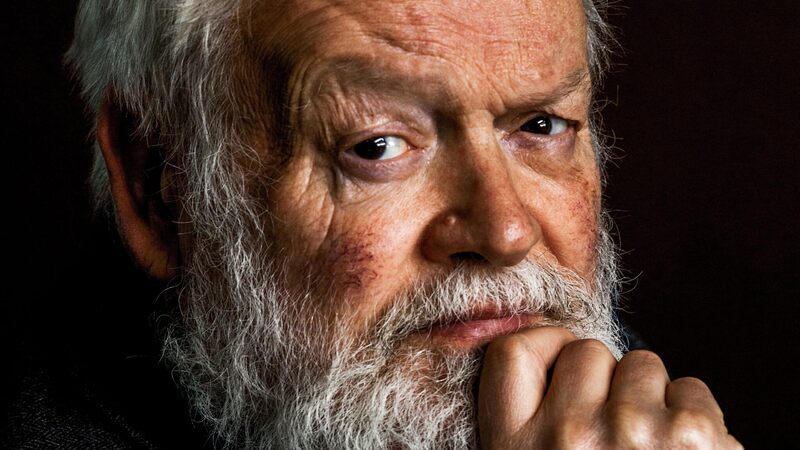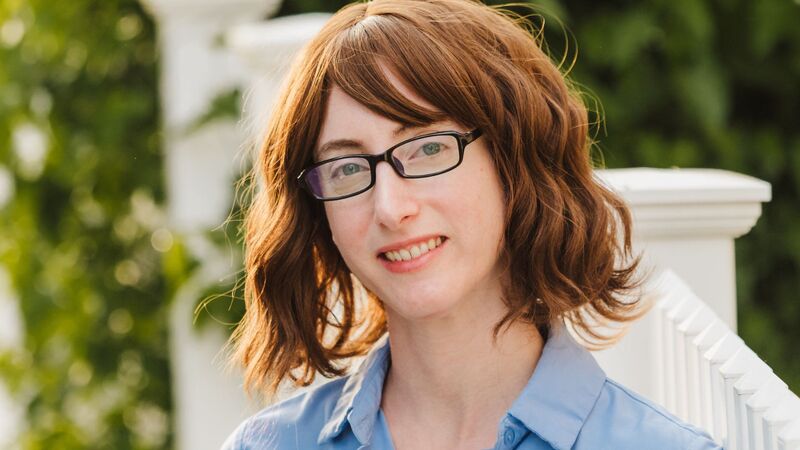You are viewing your 1 free article this month. Login to read more articles.
Hill and Dickinson fall foul of Amazon fake e-book scams
Major commercial women’s authors are increasingly the target of a "chilling" fake e-book scam flooding Amazon, The Bookseller has learned. Six weeks after Milly Johnson revealed she had been impersonated on the e-commerce site, and called for Amazon to tighten its security, authors Miranda Dickinson (pictured) and Melissa Hill have revealed details of the same experience, with other authors also believed to have been affected.
Johnson told The Bookseller in September that she had felt "defiled" upon discovering the six titles on Amazon listed under her name while she was checking her rankings on the e-commerce site, with fake e-books also published under Sophie Kinsella’s name.
Dickinson was alerted to five fake titles published under her name in mid-October, when there was a spike in views and orders of her most recent book, Christmas in St Ives (Pan Macmillan), published on 19th October. Dickinson told The Bookseller: “They have nonsensical titles, such as The consequences are not always desirable if they are for one person and Who will be the first enemies or friends, and the descriptions appear to be a randomly generated bunch of words.”
Dickinson believes that the fake book epidemic plaguing the authors are intended to steal money from Amazon's Kindle Unlimited programme by tricking the e-retailer into paying out through the page-per-read model, introduced in 2015. It is thought that as self-published authors are growing more aware of the fraud, the scammers are turning their attention to traditionally published writers.
The prices of the five fake books had previously been set extremely high, retailing between £40 and £135, while they were free under Kindle Unlimited, suggesting that the scammers did not intend people to buy the books but instead used 'bots' to manipulate the page-per-read model. At one point, the scam books were listed above Dickinson's actual titles on Amazon.
Dickinson said she was initially told by the Kindle Direct Publishing department that it could not respond to her requests to remove the fake titles as she did not have a KDP account, because she is a commercially published author with Pan Macmillan. The author said that instead Amazon froze purchases of her genuine novella, “while the five scam titles remained active and downloadable”. She said: “I don’t know how many hours my book sales had been affected for heaven knows how many potential sales were lost if readers received that message and assumed my book was unavailable.” The fake titles have now been removed and Dickinson's own novella reinstated.
She said: “I believe the titles are fake books, filled with randomly-generated words purely with the intention of stealing money from Amazon's Kindle Unlimited programme, and the scammers have used my name as the author because they know it's a name readers search for on Amazon. I'm absolutely furious and massively concerned that readers might be duped into downloading these fakes. It's potentially hugely damaging to my author brand, which I've worked so hard for the last nine years to build up and I'm horrified that it's so easy for these fake titles to be uploaded onto Amazon, seemingly with no checks.”
Caroline Hogg, editorial director for fiction in Pan Macmillan's adult division, who is Dickinson’s editor, described the situation as “chilling”. She told The Bookseller: “This is an incredibly worrying form of fraud, for authors, publishers and readers alike. Authors dedicate years and years to developing their talents but also their reputation - it's chilling that this can be threatened in such a way. We're now extremely vigilant on behalf of all our authors to watch out for these copycats.”
Dickinson said: “[This was] a horrible week for me and turned what should have been a celebration of months of hard work on Christmas in St Ives into a time of intense worry, anger and, frankly, not a great deal of help from Amazon. It's hard enough to make a living as an author in the digital age without crooks piggybacking cloned books on the back of successful authors. It's a very worrying development and seems to be happening to more and more authors. I hope that Amazon finds a way to prevent this happening because I can see authors and publishers becoming wary of publishing e-books on Kindle if the situation isn't addressed.”
Dickinson has suggested that Amazon “be stricter with the process of uploading titles” and look to other internet companies such as PayPal for good practice security measures.
Examples of fake e-books being sold under Miranda Dickinson's name
Fellow commercial women’s author Melissa Hill, published by HQ, experienced a similar problem with her author page on the Amazon US website in the summer. She said: “There's a major fake book issue at Amazon KDP at the moment and has been for some time. These are mostly operated by shady black-hat operators using click-farms and bots abroad to generate 'books' designed to scam payment from Amazon's subscription service Kindle Unlimited.
“Their Kindle Unlimited subscription programme pays independent authors for borrowed books according to pages read, but scammers 'publish' multiple titles (automated and full of complete gibberish) and use click-bots to 'read' as many pages as possible so as to get paid. And for the most part, they succeed, some having even been awarded bonuses by Amazon for doing so.
“I reported them to both Amazon and my publisher St Martin's [New York-based imprint of Macmillan], but realising they were simply gibberish, I guessed they were just another iteration of the ongoing Kindle Unlimited scam. I'm guessing Amazon needs to play whack-a-mole with these guys as they seem pretty persistent."
It has also been reported if a scam author “ publishes a book filled with nonsense… but then includes a link at the front that takes a Kindle Unlimited reader to the last page, Amazon will register that as if the user has ‘read’ the entire book and pay the author for thousands of pages of reading that never took place”.
Hill believes that now that more self-published authors are becoming aware of the issue and reporting the books, the “scammers are trying to come up with more ingenious ways to hide themselves” such as publishing under the names of traditionally-published authors. She said: “They don't for a second expect or want their books to be bought or read by regular readers; they exist only to achieve scam-reads. It's a nasty practice and one that Amazon really needs to tackle."
The Bookseller understands that another HQ author, Sarah Morgan, has had a similar experience, along with at least one other Society of Authors member.
An Amazon UK spokesperson said of Dickinson's experience: “Nothing is more important to us than the trust of our authors and readers, and there is no place for plagiarized titles on our website. We employ a variety of methods to ensure that customers are only presented with authentic titles and on the rare occasion when we are alerted to a title that isn’t genuine, we will take appropriate action against the author or publisher.” The retailer declined to comment on Hill’s experience.
The SoA’s chief executive, Nicola Solomon, said: “The wider question... is whether Amazon’s vast digital infrastructure is unwittingly making it easier for infringements like this to happen. It’s possible to sign up for a KDP account, upload an e-book and have it available for sale within minutes. It certainly seems that Amazon has its work cut out to ensure it can police its own systems effectively – with grey market sales, troll reviews and individuals selling services to manipulate the KDP system for financial gain.”
She added: “Amazon and other platforms must ensure that they have effective internal policing systems as well as instant responses to complaints. And they should of course compensate anyone who loses money due to such scams.”
Cyber security expert Professor Alan Woodward from the University of Surrey echoed Solomon’s call for Amazon to tighten up its security and described it as a “scam waiting to happen”. He told The Bookseller: “If there is no verification as to the origin of a text then that is an obvious way this system could be tightened up. The bottom line is that as long as the online services who pay for page of text consumed and allow unverified submissions and readers, it is a scam waiting to happen."
He added: “It reminds me a little of the premium rate phone scams where the criminals cause your phone to dial a premium rate number without you knowing.”
Hill has sold 543,319 books for £2.39m, while Dickinson has shifted 453,383 copies for £1.77m, according to Nielsen BookScan.
















